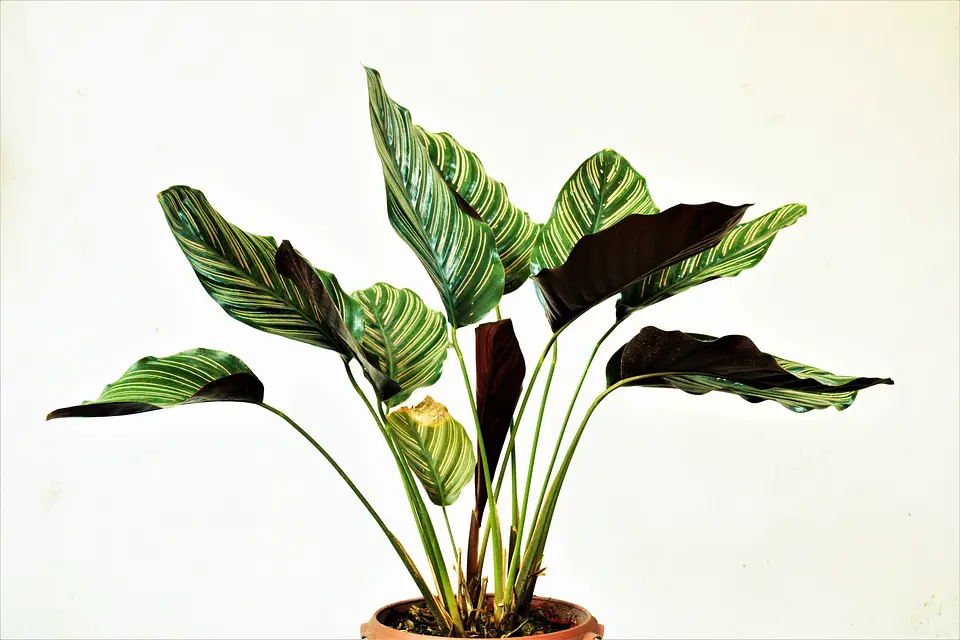Introduction
Gardening is a rewarding hobby that allows you to connect with nature, grow your own food, and beautify your surroundings.
Whether you have a small balcony or a spacious backyard, anyone can start a garden.
In this article, we will delve into the essentials of gardening for beginners, providing you with the knowledge and confidence to embrace the greenhouse.
The Benefits of Gardening
Gardening offers numerous benefits beyond just the beauty and satisfaction of watching your plants grow.
It is a great way to relieve stress, improve mental health, and increase physical activity.
Additionally, you can save money on groceries by growing your own fresh produce.
Choosing the Right Plants
Before starting your garden, it is important to choose the right plants that are suitable for your region and climate.
Research the specific requirements of each plant, such as sunlight, water, and soil preferences.
Consider your available space and the purpose of your garden, whether it’s a flower garden, vegetable patch, or a mix of both.
Preparing the Soil
Healthy soil is the foundation for a thriving garden.
Start by clearing the area of any weeds or debris.
Loosen the soil with a fork or tiller to improve drainage and aeration.
Add organic matter like compost or well-rotted manure to enhance its fertility.
Test the soil’s pH levels and adjust them if needed to ensure optimal plant growth.
Watering and Irrigation
Proper watering is essential for the success of your garden.
Most plants require consistent moisture, but overwatering can be as harmful as underwatering.
Water your plants early in the morning or late in the evening to minimize evaporation.
Consider installing a drip irrigation system or using soaker hoses to provide a slow, deep watering directly to the roots.
Sunlight and Shelter
Understanding the sunlight requirements of your plants is crucial.
Some plants thrive in full sun, while others prefer partial or full shade.
Ensure your garden receives the appropriate amount of sunlight based on the needs of your chosen plants.
If you live in an area prone to strong winds, consider providing shelter for delicate plants to protect them from damage.
Pest Control
Pests can pose a threat to the health of your garden.
Employing various pest control methods such as companion planting, using natural predators, or organic insecticides can help you manage pests without resorting to harmful chemicals.
Regularly inspect your plants for signs of pests or diseases and take appropriate action to safeguard your garden.
Maintaining Your Garden
A well-maintained garden yields great rewards.
Regularly weed your garden beds to keep them tidy and prevent competition for nutrients.
Prune your plants to promote healthy growth and remove any dead or diseased parts.
Stay on top of fertilizing, mulching, and controlling the growth of vines or invasive plants to maintain the overall health and appearance of your garden.
FAQs
What tools do I need to start a garden?
Some essential gardening tools include a shovel, a hand trowel, pruning shears, a watering can or hose, and a rake.
How often should I water my plants?
The frequency of watering depends on factors like temperature, plant type, and soil moisture.
It’s best to check the moisture level of the soil and water when it feels dry about an inch deep.
Can I start a garden if I live in an apartment?
Absolutely! Container gardening is a perfect option for apartment dwellers.
Utilize containers or vertical gardening techniques to make the most of your available space.
What are some beginner-friendly plants for gardening?
Some beginner-friendly plants include tomatoes, herbs like basil and mint, marigolds, zinnias, and sunflowers.
These plants are relatively easy to grow and offer a satisfying gardening experience.
How do I deal with common garden pests?
There are several natural pest control methods you can employ, such as introducing beneficial insects like ladybugs or planting pest-repellent plants like marigolds and lavender.




